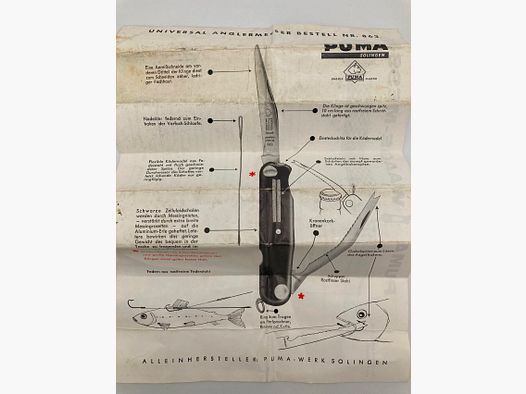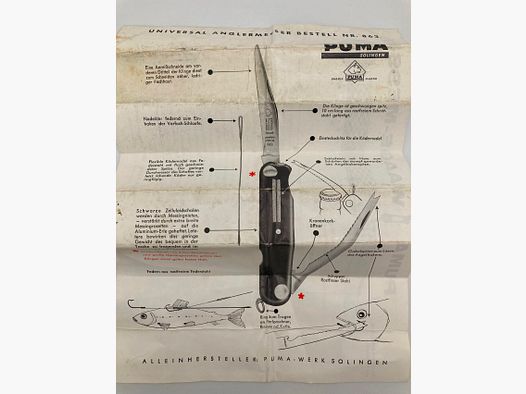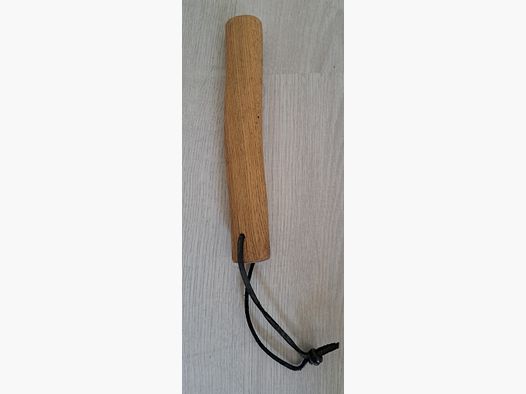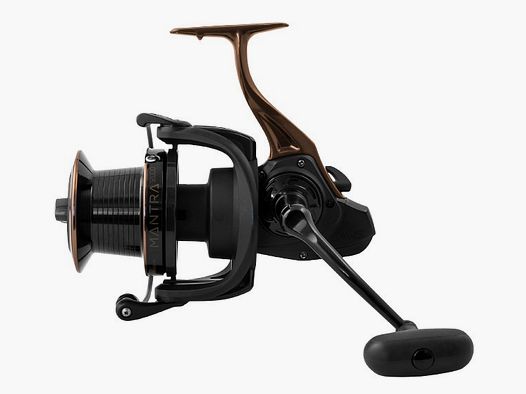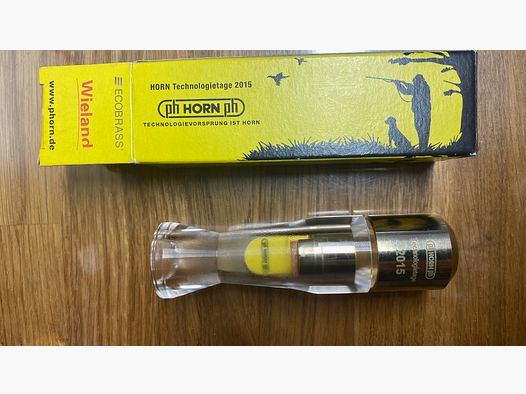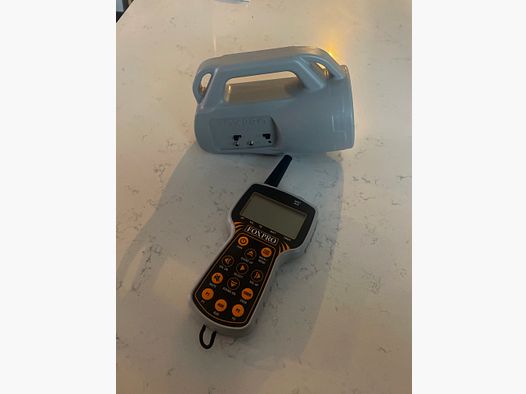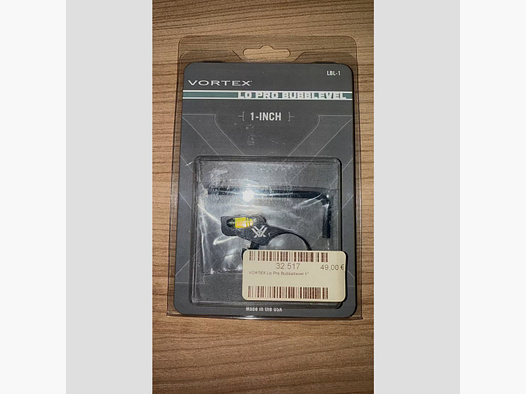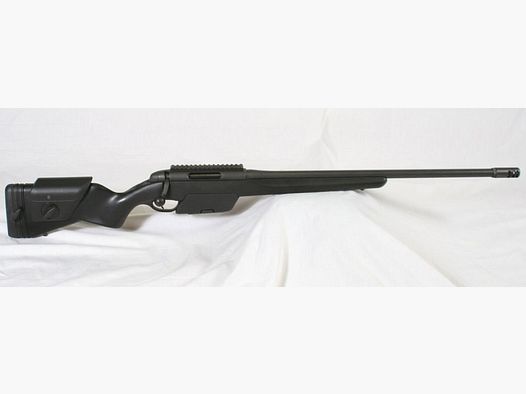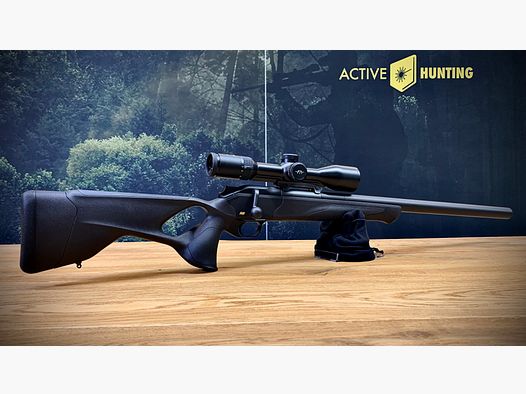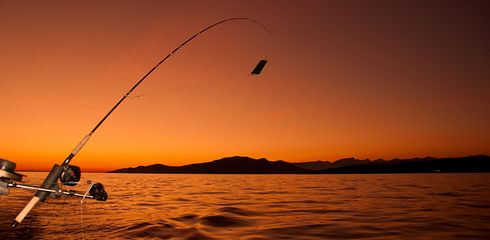An essential element for every passionate angler is the right equipment, and a precise scale is undoubtedly part of it. Determining the weight of the caught fish is not only important for personal pride but also for participating in fishing competitions where every gram counts. In this comprehensive guide, we will discuss different types of fishing scales, their functions, and selection criteria.
The Importance of the Right Scale
Choosing the right scale is crucial for accurate weight measurements. Especially in fishing competitions, where adherence to weight limits is important, using an inaccurate scale can lead to undesirable consequences. Furthermore, a precise scale allows for accurate documentation of the caught fish for personal records or for submitting catch reports.
Different Types of Fishing Scales
Mechanical Scales: Mechanical scales are traditional and easy to use. They operate based on springs and a pointer mechanism. These scales are robust and do not require batteries, making them a reliable choice for anglers.
Digital Scales: Digital scales are more modern and offer a more precise weight measurement. They use electronic sensors and can display the weight quickly and accurately. Many digital models also offer additional features such as tare functions, which allow you to subtract the weight of containers or nets.
Hanging Scales: Hanging scales are ideal for anglers who often fish from boats or docks. They are attached to a string or hook and can be easily lowered over the edge of the boat or dock. These scales are often portable and lightweight.
Selection Criteria for Fishing Scales
Maximum Weight and Accuracy: Ensure that the chosen scale covers the maximum weight you expect for your fishing trips. At the same time, the accuracy of the scale should be high enough to ensure precise measurements.
Resistance to Water and Corrosion: Fishing often means contact with water. Therefore, it is important to choose a scale that is water-resistant and protected against corrosion to ensure long-term use.
Power Source: Mechanical scales do not require batteries, while digital models do. Ensure that the battery life is sufficient and that the scale can be easily powered when needed.
Compactness and Transport Options: Depending on your fishing habits, the portability of the scale is a crucial factor. Hanging scales are often compact and easy to transport.
Additional Features: Some digital scales offer additional features such as backlighting, automatic shut-off, and memory functions for weight data. Consider which features best meet your needs.
Conclusion
Choosing the right fishing scale is an important step for every angler. It not only contributes to documenting your successes but also to adhering to rules and regulations in fishing competitions. Whether you prefer a mechanical or digital scale, the selection criteria mentioned above should help you find the perfect model for your needs. Invest in a high-quality scale, and you will experience many successful fishing adventures with precise weight measurements.



